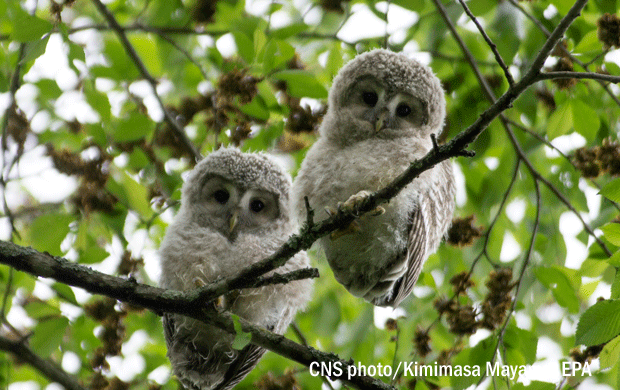Reflections on Laudato Si’ – Part 11
Sister Elizabeth Geraghty provides reflection and excerpts from Laudato Si’ (On Care for Our Common Home)
In the face of the so-called culture of death, the family is the heart of the culture of life. In the family we first learn how to show love and respect for life: we are taught the proper use of things, order and cleanliness, respect for the local ecosystem and care for all creatures.
Living our vocation as protectors of God’s handiwork is essential to a life of virtue; it is not an optional or secondary aspect of our Christian existence.
Pope Francis quotes from the Australian Bishops: “we must examine our lives and acknowledge the ways in which we have harmed God’s creation through our actions and failure to act. We need to experience a conversion, or change of heart.
This conversion … entails gratitude and gratuitousness, a recognition that the world is God’s loving gift, and that we are called quietly to imitate his generosity in self-sacrifice and good works. By developing our individual, God-given capacities, an ecological conversion can inspire us to greater creativity and enthusiasm in resolving the world’s problems and in offering ourselves to God, “as a living sacrifice, holy and acceptable.”
Various convictions of our faith, developed at the beginning of this Encyclical can help us to enrich the meaning of this conversion. These include the awareness that each creature reflects something of God and has a message to convey to us, and the security that Christ has taken unto himself this material world and now, risen, is intimately present to each being, surrounding it with his affection and penetrating it with his light.
Christian spirituality proposes a growth marked by moderation and the capacity to be happy with little. It is a return to simplicity which allows us to stop and appreciate the small things, to be grateful for the opportunities which life affords us, to be spiritually detached from what we possess, and not to succumb to sadness for what we lack.
Inner peace is closely related to care for ecology and the common good because, lived out authentically; it is reflected in a balanced lifestyle together with the capacity for wonder which takes us to a deeper understanding of life
An integral ecology includes taking time to recover a serene harmony with creation, reflecting on our lifestyle and our ideals, and contemplating the Creator who lives among us and surrounds us, whose presence “must not be contrived but found, uncovered.”


